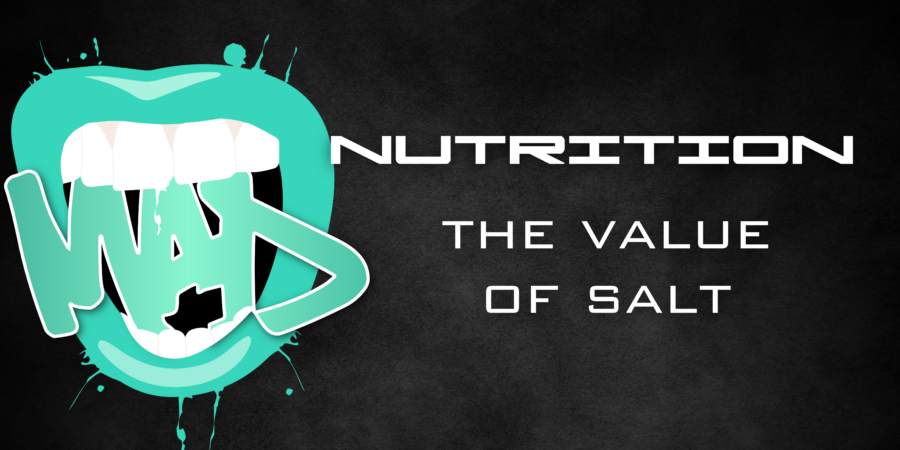Creatine is one of the most well-researched supplements, yet the world of supplementation is rife with creatine misinformation despite the substantial evidence that backs its favorable impact on athletic performance and muscle mass.
So is the powder a miracle blend of beast mode fairy dust? Or is the hype overblown? Here’s what to know.
What is creatine?
Creatine is formed in the body from compounds similar to amino acids (the building blocks of proteins). It acts as a fuel source for your skeletal muscles, and promotes muscle growth when paired with exercise. It’s also produced in small amounts in the liver and kidneys, but you can get creatine through your diet too through things like red meat, fish, and chicken. Throughout the day, your body naturally replenishes creatine in your muscles, but supplementing with it can help top off the tank.
Creatine monohydrate — the form of creatine typically found in commercial powders — has been rigorously studied. In fact, it’s arguably the most data-backed supplement in existence. There are more than twenty different formulations of creatine, but creatine monohydrate has the strongest evidence behind it.
What are the benefits of creatine?
For those of you who train with us regularly, studies support that regular creatine supplementation of 3-5mg/day may:
- Improve exercise performance.
- Enhance post-workout recovery.
- Increase muscle mass.*
- Prevent severe muscle injuries or reduce the severity of muscle injuries.
- Increase tolerance of intense activity.
- Reduce dehydration and cramping.
- Minimize muscle tightness, including muscle strains and pulls.
* A 2022 review of 35 studies deduced that creatine supplementation, combined with strength training, increased lean body mass by more than two pounds in adults, regardless of age. While two pounds sounds small, this makes a significant difference in body composition.
If you’re a vegetarian, you may see even more substantial muscle gains by supplementing with creatine, since you don’t get creatine through animal-based sources (note that building up creatine levels in your muscles may just take longer).
Busting a common myth
As we’ve said, creatine is one of the most validated supplements out there. It’s both safe and effective. It’s NOT a steroid, it’s NOT a banned substance, it will NOT make you bulky, and it’s most CERTAINLY NOT just for men.
One of the biggest hang-ups we hear – specifically from women – regarding creatine is its threat of “bloating and fat gain.” Here’s the deal: creatine has the ability to store water and hydrate your muscle cells. When muscle cells are hydrated, they can look bigger. Too often, this increase in intracellular water weight on the scale is erroneously confused as “fat gain” (it’s not). But what also happens when our muscle cells are hydrated is an increase in protein synthesis. This is objectively a good thing, helps support acceleration in muscle growth, and is just another pro of creatine supplementation.
Our favorite creatine source: SFH Creatine
While you can supplement with any basic creatine monohydrate and reap the benefits, SFH is our partner of choice for high-quality supplements.
It’s flavorless, easy to mix, and you only need one scoop daily (even on rest days). No fancy timing required – take it when it’s convenient.
If you’re new to creatine, know that a little water retention is normal. This is not fat gain—it’s hydration at the cellular level. It’s also exactly how creatine does its job: by fueling recovery and growth from the inside out.



